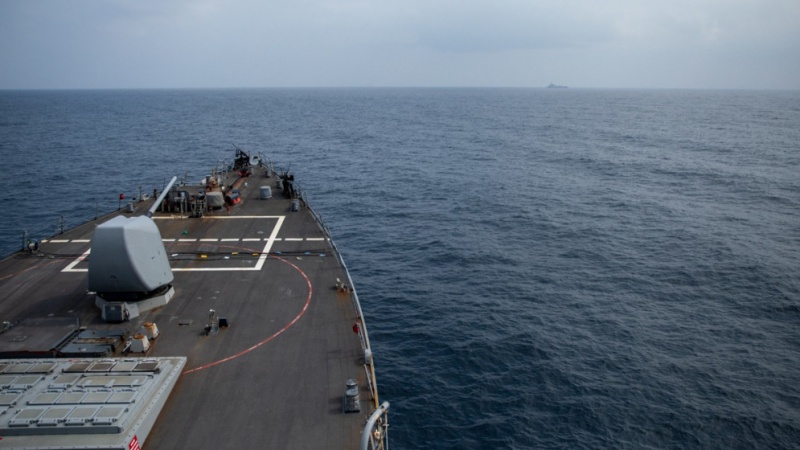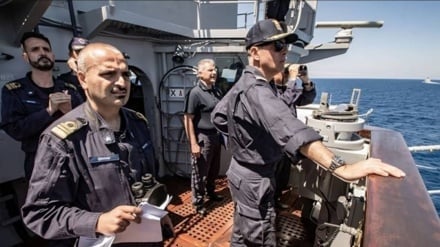Italian admiral: Red Sea standoff proves NATO’s weakness in tough times
A veteran Italian admiral says the recent standoff over the strategic shipping lane in the Red Sea demonstrates weak cohesion among NATO member states at a time of rising tensions in the region.
The United States has over the past weeks been spearheading a maritime coalition in the crucial waterway. Washington’s pretext there is safeguarding maritime transit.
Yemen’s Armed Forces have recently been staging missile and drone strikes against vessels heading to Israeli ports in support of the Palestinians in the besieged Gaza Strip.
Luigi Binelli-Mantelli served as Chief of Staff of the Italian Navy. He believes NATO “should again revise and widen its role in the world’s stability and security… and think about its own solidity.”
“France and Italy won't join the US-led coalition in the Red Sea. This will have no impact from an operational point of view, since navies are well trained to coordinate their actions even outside a definite chain of command, but politically it’s a proof of our weak cohesion as NATO as well as EU partners.”
The new challenge in the Red Sea, he said, is “testing our determination and cohesion to protect our economy and our common values and way of life.”
Yemen has vowed to continue to prevent the passage through the Red Sea of all ships owned by Israel or heading to the Israeli ports as long as the regime’s genocidal campaign in Gaza goes on.
Nevertheless, the United States recently announced the establishment of a multi-national naval force in the Red Sea.
According to the announcement, so far NATO states such as Britain, Canada, Norway, and the Netherlands have pledged support for “Operation Prosperity Guardian.”
Military and naval experts warn such a move runs the risk of making matters worse in the region.
Yemen has also denounced Washington’s militarization of the Red Sea in support of the Israeli regime, saying such coalitions will simply pose a serious threat to international shipping in the region.
MG



